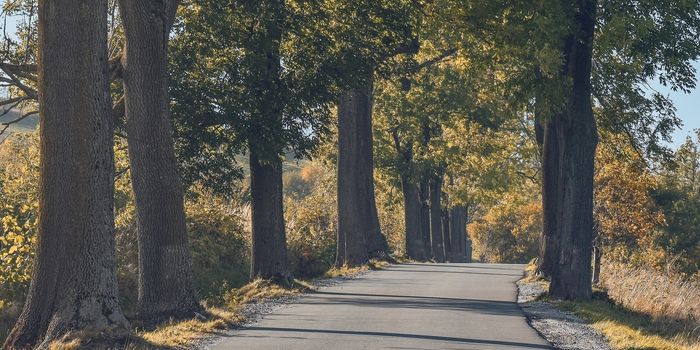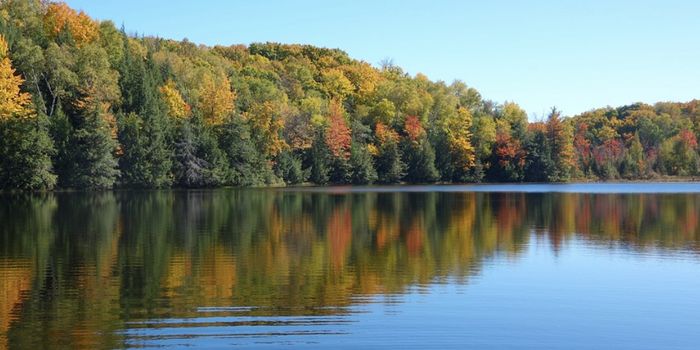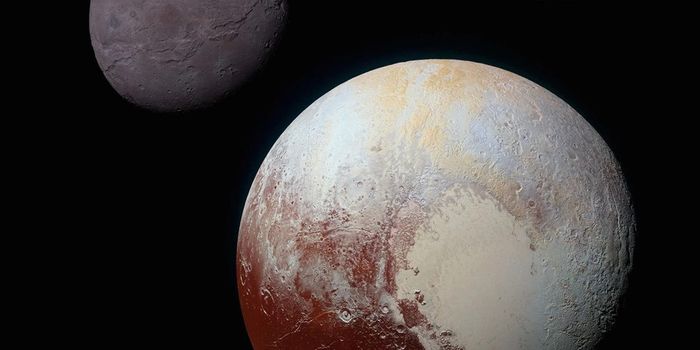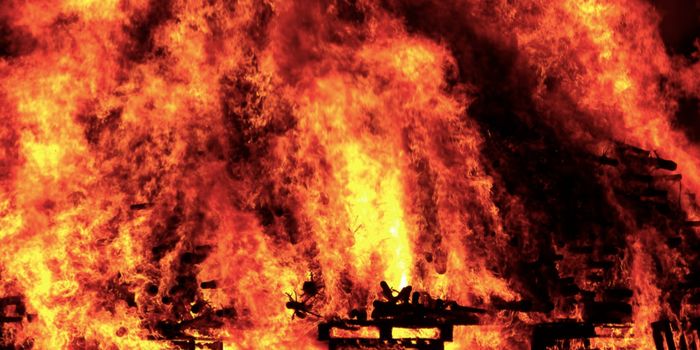Grad Student Highlights: Rachel Kozloski (University of Nevada, Reno)
This interview series is focused on the graduate student experience across all STEM fields that allows them to get their research, or corresponding graduate coursework, out in front of a large global audience and share their experiences in graduate school. Our goal is to inspire the next generation of STEM students to pursue graduate studies for a myriad of disciplines, and we hope you enjoy reading these amazing stories! If you'd like to be featured in this series, feel free to send an email to laurence.tognetti@labroots.com, Subject Line: Grad Student Highlights Interest!
Desert Research Institute, 2022 (Credit: Rachel Kozloski)
Rachel Kozloski is a 2nd-year Hydrology PhD student in the Graduate Program of Hydrologic Sciences at the University of Nevada, Reno (UNR), and is a student employee (Research Assistant) of the Desert Research Institute (DRI). She is proud to be a 40-year-old mother of two teenagers while pursuing her PhD, saying she “took the long road” before enrolling in her PhD program. After finishing her bachelor’s degree with a lot of debt, she made the decision to pursue a career in environmental consulting for the next approximately 16 years before returning to academia for grad school.
“I grew up in a farming community in Northern California where drought and water policies were topics of everyday discussion,” said Kozloski. “Over the ten years before I started my PhD, I spent a large part of my professional energy working on issues related to development and sustainable groundwater use and closely followed the statewide discussions. Watching the rapid population growth in my home state coupled with the pressure of drought and increased water scarcity made me realize that water may soon be the most limiting resource both human and natural systems. I want to be part of the solution.”
Sampling microplastics on the Mekong River, Cambodia, 2022. (Credit: Rachel Kozloski)
Kozloski discovered within the first three years of working in the industry that she would require an advanced degree to pursue the work she wished for her career. However, she says life got in the way with a young family and therefore she and her partner couldn’t afford to give up her salary. She says they would have a discussion every year about her going back to grad school asking if the timing was right, how they could financially make it work, and the amount of responsibility her kids would be able to take on themselves.
“Finally, after more than 10 years of circling back to the ‘grad school’ discussion, we got to a place where my partner's salary and our accrued savings could keep us afloat while I went to grad school,” said Kozloski. “I had also reached a point professionally where I was feeling pretty stagnant and was ready for something new. By the time I went back to school, I was so hungry for it that I felt almost euphoric. Grad school is a gift I have given myself and I put in long years of hard work and patience to make it happen. We all know how difficult academia can be and I don't mean to minimize those issues, but my perspective is different from many students who go straight through to their graduate programs. I love that my job is to learn things and solve problems. I love that I have the time to dig deeply into a topic and truly develop expertise. I have more social and economic security that the average grad student and I have seen that the private-sector grass is not necessarily greener.” Kozloski says following a lot of water science work over the last 10 years that came out of UNR and the Desert Research Institute got her interested in pursuing grad work at UNR.
“I became interested in microplastics as a novel pollutant of surface and groundwaters and when I saw that Dr. Arienzo had a PhD position available working on microplastics in snow-dominated systems, I immediately applied,” said Kozloski. “I am really fortunate to have a fairly open-ended PhD position. My research focus was not prescribed, so I have been able to chase the ideas and questions that were living in my brain rent-free over the past few years. I also have a really supportive advisor who constantly pushes me forward and gives me opportunities.”
Rachel spends a lot of her time at the Desert Research Institute Microscope Lab. (Credit Rachel Kozloski)
As for problems facing grad students in her field, Kozloski says it’s the same issues as other grad students are facing, which include lack of pay and being able to both pay the bills and eat, finishing their program with their soul intact, and limited academic positions, the last of which Kozloski does not see herself pursuing.
“As I've mentioned, my perspective is a little different as a non-traditional student,” said Kozloski. “For me, the whole point of going back to school was to get into the business of answering hard questions. I don't know where I will end up yet, but I want to stay in a research focused position. I am also passionate about science communication and making technical material accessible to broader audiences. I hope to find a position that allows me to keep learning and feeding my curiosity while working toward meaningful solutions for water management.”
As always, keep doing science & keep looking up!











